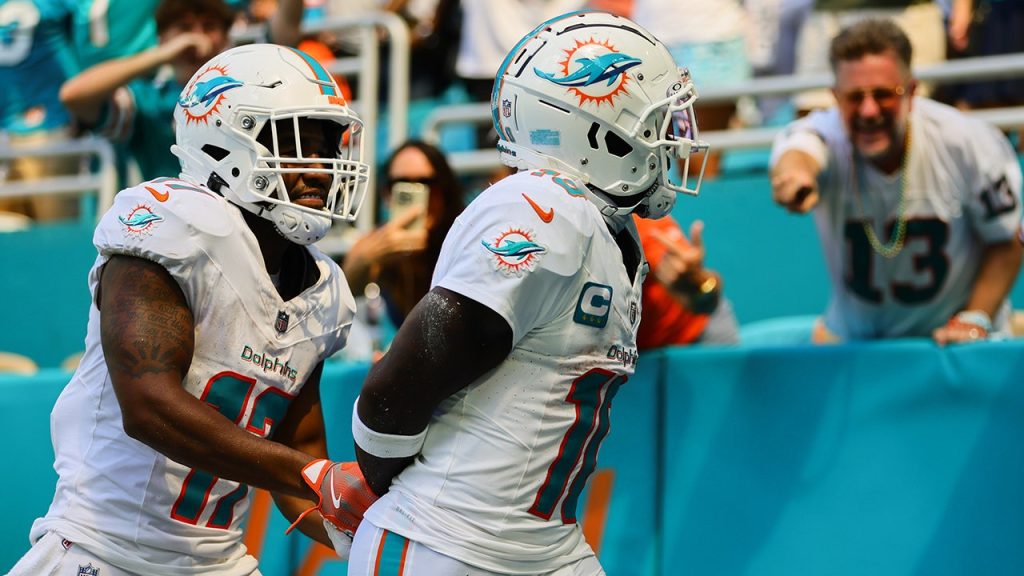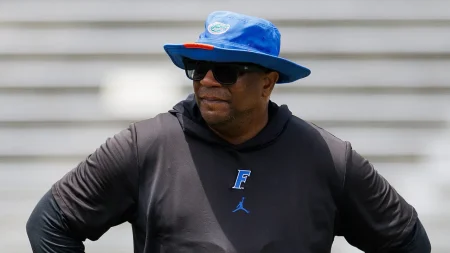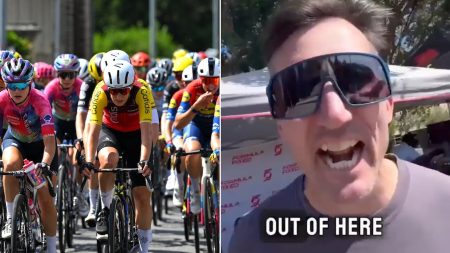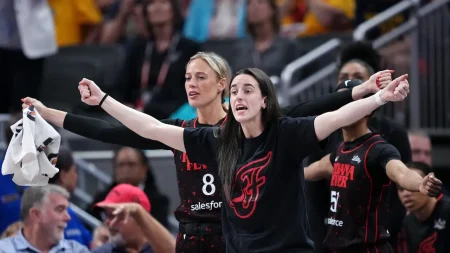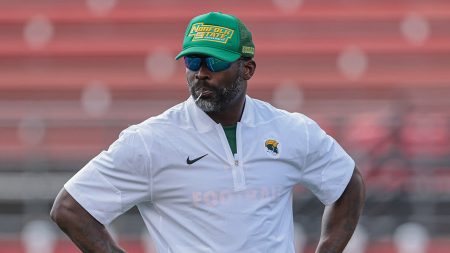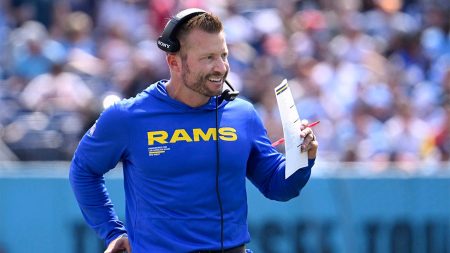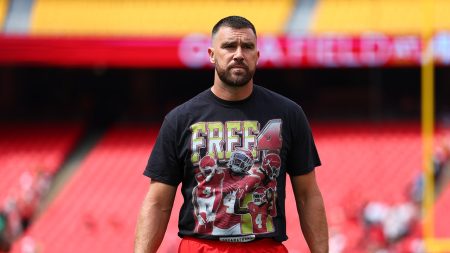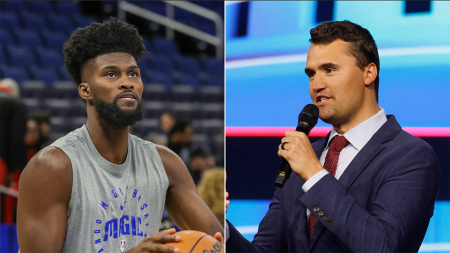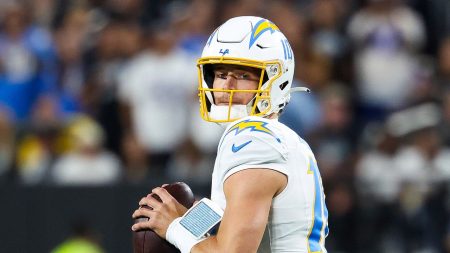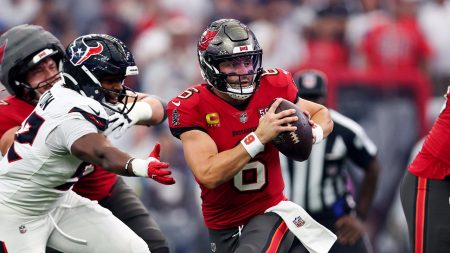The South Florida Police Benevolent Association, the largest police union in the state, defended the officers involved in detaining Miami Dolphins wide receiver Tyreek Hill near Hard Rock Stadium before a game against the Jacksonville Jaguars. The union’s president, Steadman Stahl, stated that Hill was detained for officer safety after driving in a manner that put himself and others at risk. The statement mentioned that Hill was not immediately cooperative and had to be placed in handcuffs for safety reasons. Hill was issued two traffic citations and was reminded to obey lawful police commands first. The police officer involved in the incident was placed on administrative duties, pending an investigation.
Hill’s agent, Drew Rosenhaus, called the incident “completely unacceptable” and stated that Tyreek did not deserve to be treated that way by the police. Rosenhaus mentioned that Tyreek’s legal team would be pursuing the matter on his behalf and potentially taking legal action. Tyreek himself expressed confusion about why he was detained, stating that he was not disrespectful and was trying to figure out what had happened. He also expressed concern about what might have occurred if he had not been an NFL player, suggesting that his race could have been a factor in the incident. Despite the ordeal, Hill played in the game against the Jaguars and even scored an 80-yard touchdown catch, poking fun at his detention during the celebration.
While the incident with Tyreek Hill garnered attention and sparked discussions about police conduct and racial profiling, the NFL itself also looked into the matter. League spokesman Brian McCarthy confirmed that the NFL was in contact with the Dolphins regarding the incident. Hill’s experience raised questions about how individuals are treated by law enforcement, especially in high-profile situations like his. The situation highlighted the importance of cooperation, following police commands, and understanding one’s rights when interacting with law enforcement. It also brought attention to the need for accountability and transparency in police practices, as well as the potential impact of race on such interactions.
In response to the incident, the South Florida Police Benevolent Association stood by the actions of the officers involved in detaining Tyreek Hill, emphasizing the importance of officer safety and Hill’s lack of immediate cooperation during the encounter. The statement released by the union cautioned individuals to obey lawful police commands and indicated that further investigation and information were needed to fully understand the situation. Hill’s agent condemned the treatment of Tyreek by the police, labeling it as unacceptable and promising to pursue legal action on his behalf. Tyreek himself expressed confusion and concern about the incident, noting that he followed his uncle’s advice to stay calm and compliant during the encounter.
The incident involving Tyreek Hill shed light on the complexities of interactions between law enforcement and individuals, particularly in high-pressure situations like an NFL game. The response from the police union, Hill’s agent, and the NFL underscored the different perspectives and concerns at play in such situations. The incident also raised broader questions about the role of race in police encounters and the need for accountability and fair treatment in law enforcement practices. As the investigation into the incident continued, discussions about police conduct, racial profiling, and the rights of individuals in such encounters were brought to the forefront. Ultimately, the incident with Tyreek Hill served as a reminder of the challenges and nuances involved in police interactions, as well as the importance of ensuring fairness, transparency, and respect in law enforcement practices.




